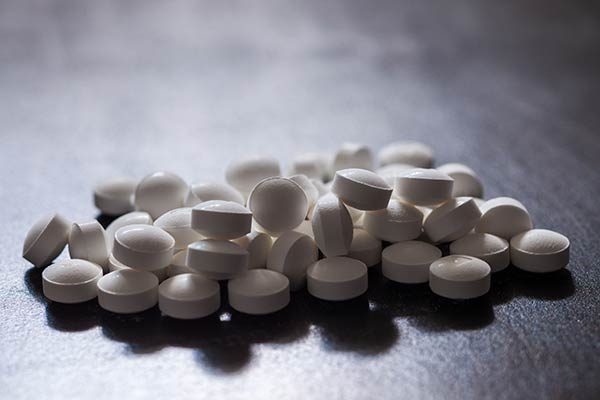Opiates are known as a class of drugs that are naturally found in the opium poppy plant. Opiates can be prescription medication like painkillers or they can also be street drugs like heroin. Opiates are classified as a Schedule II drug and are only acceptable for certain medical uses as they are known to be highly addictive. Many people inject opiates because this way of taking it allows the brain to receive the drug much more quickly than other methods. Furthermore, when drugs like opiates are injected, the effects of the drug are enhanced and make the user more prone to addiction. Once the opiate has reached the brain is when a person feels the euphoric effects of the drug including extreme sedation, drowsiness, strong relaxation, and a warm feeling in the body. It is these feelings that cause people to abuse opiates. For most people who become addicted, the feeling of the high from opiates is so elusive in anything else that they will begin to feel like they need it.
Dangers of Injecting Opiates
Injecting opiates is extremely dangerous and the risks of overdose and death are extremely high. When you inject opiates, you are receiving all of the drugs at one time and in under 30 seconds from the time it is administered. For those that do survive an overdose from an opiate injection, you still may experience serious side effects like a weak pulse, low blood pressure, extreme drowsiness, seizures, shallow and slowed breathing, coma, and even heart failure. Slowed breathing is also a result of an overdose because it depresses the respiratory system at such a dangerous level.
What Are the Effects of Injecting Opiates?
Injecting opiates also comes with a list of long-term effects. The biggest of them all being dependency and addiction to opiates. The fact of the matter is that it only takes one time of injecting opiates to become addicted to the drug. Physical dependency does not take that long to come into effect either and can happen even after just a couple of weeks of IV opioid abuse. On the other hand, recovering from intravenous drug addiction can take years. This depends on how often it is injected. Opiates alter your physiological state to the point where you become physically dependent. Dependence on opiates is noticed and brought to the light when a person abruptly stops using opiates or doesn’t use enough. This is when a person will experience withdrawal symptoms. These symptoms can be very painful and can even cause someone to continue injecting opiates simply so they do not have to feel the symptoms of withdrawal, which can last for weeks. These symptoms include:
- Nausea
- Vomiting
- Diarrhea or constipation
- Depression
- Insomnia
- Crawling skin
- Cold sweats and tremors
- Anxiety
- Muscle aches and pains
- Irritability
- Fever
- Headaches
Not only can someone easily get addicted, but they also put themselves at risk of contracting diseases like hepatitis or HIV from sharing needles with others or causing other infections to the heart and lungs. Injecting opiates can also damage the veins and can even collapse them.
Treatment for Intravenous Opioid Abuse
If addiction is left untreated, the chances of fatality continuously increase. We focus on treating addiction with a combination of effective treatments, predominantly focusing on group and individual therapy. If you or someone you love has been struggling with opiate addiction, please feel free to give us a call today. We will discuss treatment options, and do our best to point you in the right direction. Now is the time to turn your life around. Let Evoke Wellness at Cohasset help you do it.




